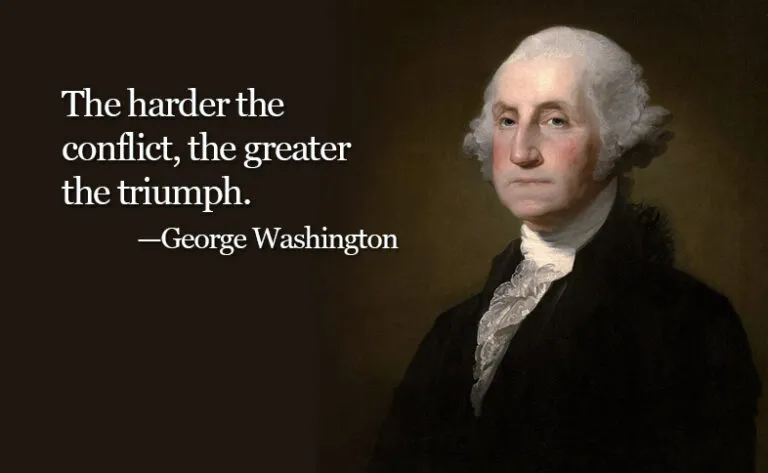The summer Olympics are here, and I'm so excited. Say what you want about the Games becoming too commercialized, but I will always have a soft spot for the Olympics because I trace my genesis as a sports fan back to the Miracle on Ice.
It didn’t matter that I didn’t know a thing about hockey or that I was watching on my parents’ old black-and-white TV with the fuzzy picture, I got so caught up in the action that I cheered loudly for the plucky American team, my heart hammering as they took the lead with 10 minutes left, then I jumped up and down and screamed for joy when they held on to win.
Very similar to my reaction watching the dramatic finish of the men’s 4 x 100-meter freestyle relay at the Beijing Olympics four years ago, when Jason Lezak, swimming the anchor leg for the U.S., chased down the French swimmer in the final 15 meters to win the gold. Awesome athletic feats, interesting people and inspiring stories… that combo never gets old for me.
Which is why I was so excited to read Karen Crouse’s recent piece in The New York Times about her connection with an Olympic swimmer. And I’m even more thrilled because the pivotal moment in the story was all about the power of positive thinking (though my honeymooning colleague Adam Hunter might argue that it shows how God moves in Mysterious Ways).
Crouse is now a sportswriter for the Times, but back in 1976 she was an eighth-grader in Northern California with a passion for swimming and a project to do for English class: make a magazine. Crouse decided her magazine would be all about swimming. She called it Splash, and the big story would be a Q&A with a swimmer.
Not just any swimmer, but Stanford student Mike Bruner, the star of her swimming club team and one of the best swimmers in the world. Crouse worked up her nerve to ask their coach, Bill Rose, if Bruner could give her a few minutes. Rose told Bruner to stay after practice for an interview but didn’t mention with whom. The swimmer might have been surprised and a little disappointed it wasn’t for Sports Illustrated but he never let on and answered all of Crouse’s questions.
Crouse got an A and made two extra copies of Splash (painstakingly handwritten) for Bruner and their coach. Her dad was taking her to the Olympic swimming trials and she’d give them their copies there. But Bruner was not having a good meet. By the time Crouse arrived, he’d missed making the team in two of his individual events, though he’d qualified for a relay. She dropped the magazine off with their coach right before the preliminaries for the 200 butterfly, Bruner’s best event. Coach Rose looked at the Q&A and said, “Mike needs to read this right now!”
He found Bruner under the stands wallowing in self-pity and negativity. The coach made him read his interview aloud. In particular his answer to a question about the mental aspect of racing: “I’d say that swimming is at least 90 percent mental. You can work harder than anyone but lose a race because you don’t have a positive attitude. The swimmer with the best attitude is the one that will win the race.”
It was just the pep talk Bruner needed. He swam his fastest time ever in the prelims and later won the finals and made the Olympic team in his best event. Afterward, he told reporters that Crouse and her interview had restored his positive attitude and put him back in the winning frame of mind. At the Olympics he won gold medals in the 200 butterfly and the 800 freestyle relay.
As for Crouse, she could hardly believe something she’d written had such an impact. It set her on her life’s path: “I remember turning to my father on the pool deck and saying, ‘This is what I want to do when I grow up. I want to write about people and positively affect their lives.’”
See what I mean? Awesome athletic feats, interesting people, inspiring stories and, OK, Adam, a touch of Mysterious Ways… you can’t beat that combo!





